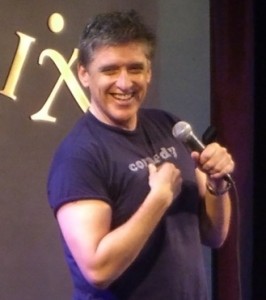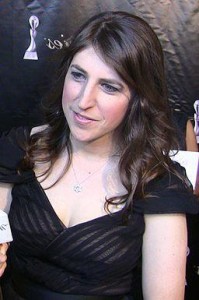 When we go to a concert, we often imagine ourselves on stage and contemplate what it must feel like to perform in front of a cheering audience. During The Police’s reunion tour a few years back, drummer Stewart Copeland let the world know exactly what it’s like.
When we go to a concert, we often imagine ourselves on stage and contemplate what it must feel like to perform in front of a cheering audience. During The Police’s reunion tour a few years back, drummer Stewart Copeland let the world know exactly what it’s like.
In candid prose he detailed his experience on the first night of the tour, a real disaster:
I stride manfully to my drums. Andy has started the opening guitar riff to MESSAGE IN A BOTTLE and the crowd is going nuts. Problem is, I missed hearing him start. Is he on the first time around or the second? I look over at Sting and he’s not much help, his cue is me – and I’m lost. Never mind. “Crack!” on the snare and I’m in, so Sting starts singing. Problem is, he heard my crack as two in the bar, but it was actually four – so we are half a bar out of sync with each other.
Sounds rough! Yet Copeland confidently continues with his criticism of that night’s performance, saying “there is just something wrong. We just can’t get on the good foot. We shamble through the song.” Ultimately he ends with what happened backstage after the main set:
We fall into each other’s arms laughing hysterically. Above our heads, the crowd is making so much noise that we can’t talk. We just shake our heads ruefully and head back up the stairs to the stage. Funny thing is, we are enjoying ourselves anyway. Screw it, it’s only music. What are you gonna do?
His laissez-faire attitude seems refreshing, yet it belies a big truth: he cares so much about his craft, he knows that opening up about the group’s foibles will attract attention, and paying customers. In fact, the Police Reunion Tour of 2007-2008 is currently listed at #6 among the highest-grossing tours ever, having raked in a total of $358 million.
So Stewart Copeland is right. Bring your whole self to work — faults and all — then watch your productivity, and your income, rise.
Image via




